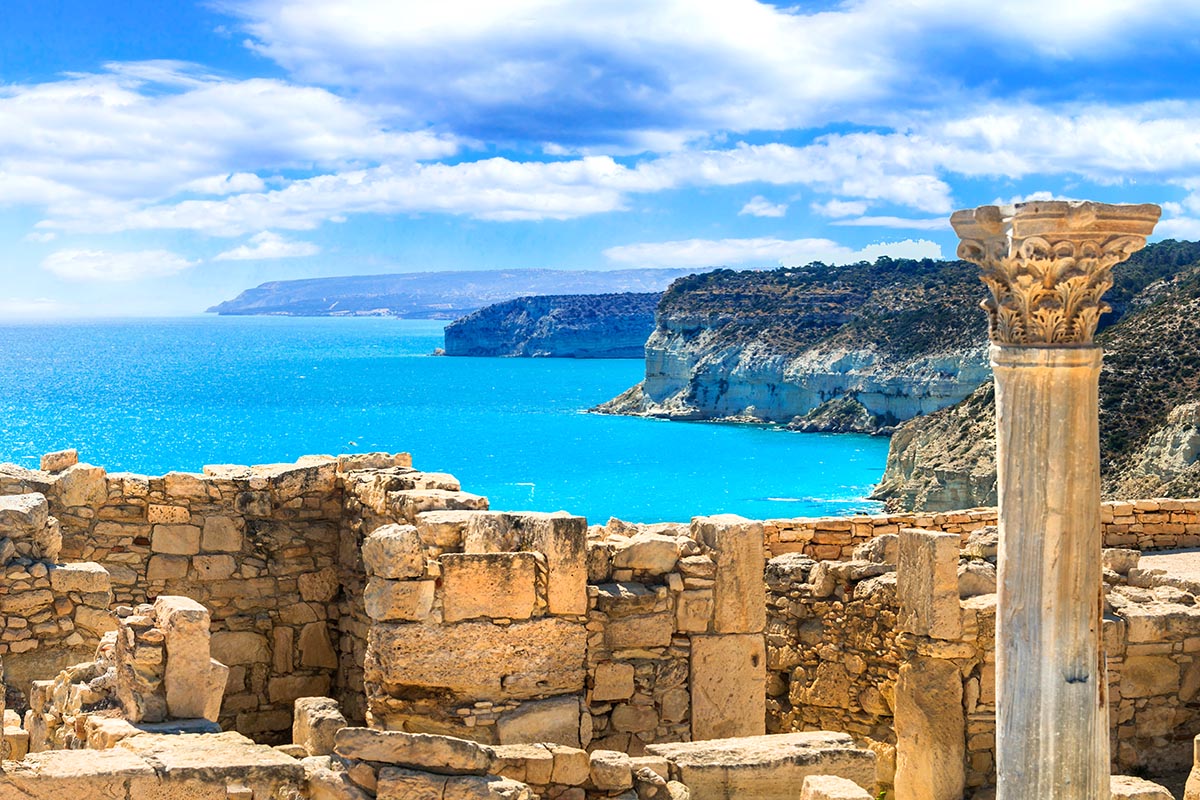“Tobago’s quest for internal self-government”
December 16th, 2016 As the residents of tiny Tobago consider more legislative autonomy, Latoyaa Roberts-Thomas, 29, a Commonwealth Correspondent from Trinidad and Tobago, looks at the practical and legal implications.
As the residents of tiny Tobago consider more legislative autonomy, Latoyaa Roberts-Thomas, 29, a Commonwealth Correspondent from Trinidad and Tobago, looks at the practical and legal implications.
The island of Tobago, with a population of approximately 60,000 persons, has a unique political arrangement with its counterpart, Trinidad, within in the Republic of Trinidad and Tobago.
Many may wonder how a small island of only 116 square miles has been able to engage in a political arrangement that allows the island to have a separate executive administration with authority over several aspects, but not all activities, in the daily life of Tobagonians.
Since 1996 and the Tobago House of Assembly Act, the island of Tobago has been given responsibility to manage aspects of its affairs including sports and culture, fishery, state lands, food production and agriculture, tourism and health services just to name a few.
On the other hand, issues of national security and immigration, foreign affairs, aviation, judiciary and legal affairs and greater “hard politics” issues have been left to the bigger sister to manage.
However, within the recent years many persons believe that Tobago has outgrown this rigid structure of governance. There has been a passionate call for internal self- government by the people of Tobago, who hold the view that Tobago needs to stand side-by-side with Trinidad and not be an appendage or a ward of Trinidad.
Trinidad and Tobago is at a juncture in its history where there are changes in the political landscape of the country and the essence of the people. The people are growing with passion and a mind-set to charter the development of the island of Tobago. This development in no way means the splitting of the twin-island Republic or the gradual disappearance of the nation. But on the other hand, there is the need for self-determination so that the people of Tobago can more effectively fulfill their political, economic, social and cultural development.
This internal self-governance ideology does not equate to secession, but rather gives more freedom and autonomy for Tobagonians to continue governing their lives. Probably the people of Tobago felt that with the current dispensation of Tobago House of Assembly they were not exercising their right to govern themselves to the fullest potential.
Having this autonomy is right at the heart of many Tobagonians. This form of self-determination and responsibility will mean a lot to the people. The term autonomy connotes different meaning to different people, but I believe autonomy for Tobago will grant a level of freedom and authority; not uncontrollably nor to be abused, but to make Tobago a more developed and sustainable island.
Autonomy for Tobago is indeed beneficial because for many persons on the island of Tobago, having internal self- government will translate to expected results such as a faster processing of payments for work completed, greater implementation of legislation that would affect issues of judicial and legal service, quicker appointment to job opportunities within the public service, provision of a level of comfort for investment and development, a faster turnover of large scale development works and infrastructure, or the ability to seek external funding that is critical to the island’s development.
Additionally, Tobago wants a legislative system that speaks more to the cultural and local needs of its immediate environment. Though one nation, cultural and practical issues may be distinct for each geographical region within the twin island state. Yet for too long grave policy decisions that affect the livelihood of the people of Tobago have been left idle, or policies made through the central government cannot be readily applied to produce wholesome benefits for Tobagonians. Therefore, internal self-government is a must.
Since the inception of the campaign for Tobago’s autonomy in 2013, over 40 meetings and consultations have been held. In addition to other high-level meetings, a draft bill was adopted by the Tobago House of Assembly to be sent to Trinidad as of October this year.
However, the daunting truth is even though the entire of Tobago feels that it is their right and nature to gain more autonomy from Trinidad, it requires a two-thirds majority in the national parliament for such a move to be approved. Overwhelming support from the Trinidad brothers and sisters is compulsory. The irony, therefore, is that internal self-government for Tobago means that Tobagonians need to gain love and support from Trinidadians more than ever. Moreover, it requires a change in mind-set and culture of the people on both islands of Tobago and Trinidad.
As the discussions ensue, internal self-government for Tobago is not a simple issue and must never be trivialised. Instead it must be made a national priority.
Photo credit: lovestruck. Probate book in the Court at Winchster via photopin (license)
……………………………………………………………………………………………………………………………………
About me: I work as a Communication Officer at the Division of Tourism and Transportation, Tobago House of Assembly in Trinidad and Tobago. I hold a first Degree in Communications Studies with Linguistics and International Relations and a Masters in Global Studies. I am currently pursuing a M.Phil in International Relations. I have a passion for youth development but also internal relations, and I like travelling the world.
……………………………………………………………………………………………………………………………………
Opinions expressed in this article are those of the author and do not necessarily represent the views of the Commonwealth Youth Programme. Articles are published in a spirit of dialogue, respect and understanding. If you disagree, why not submit a response?
To learn more about becoming a Commonwealth Correspondent please visit: http://www.yourcommonwealth.org/submit-articles/
………………………………………………………………………………………………………………………………………………………………




